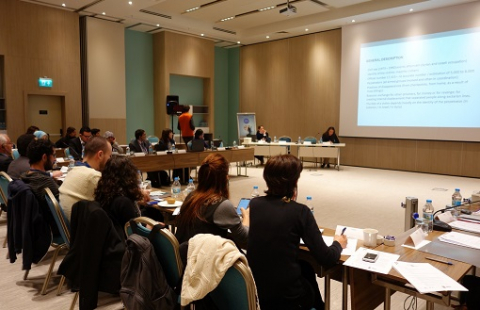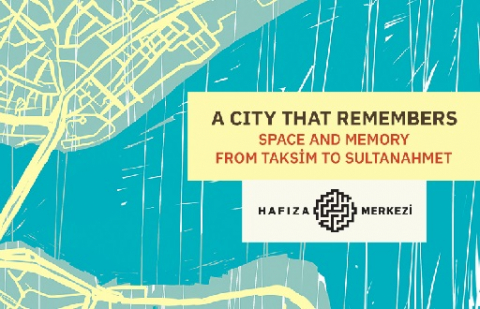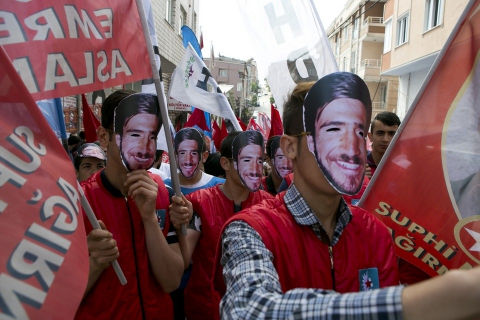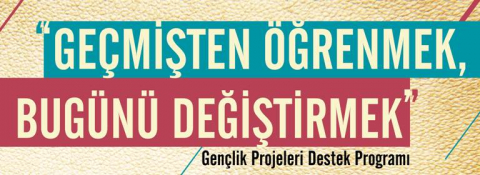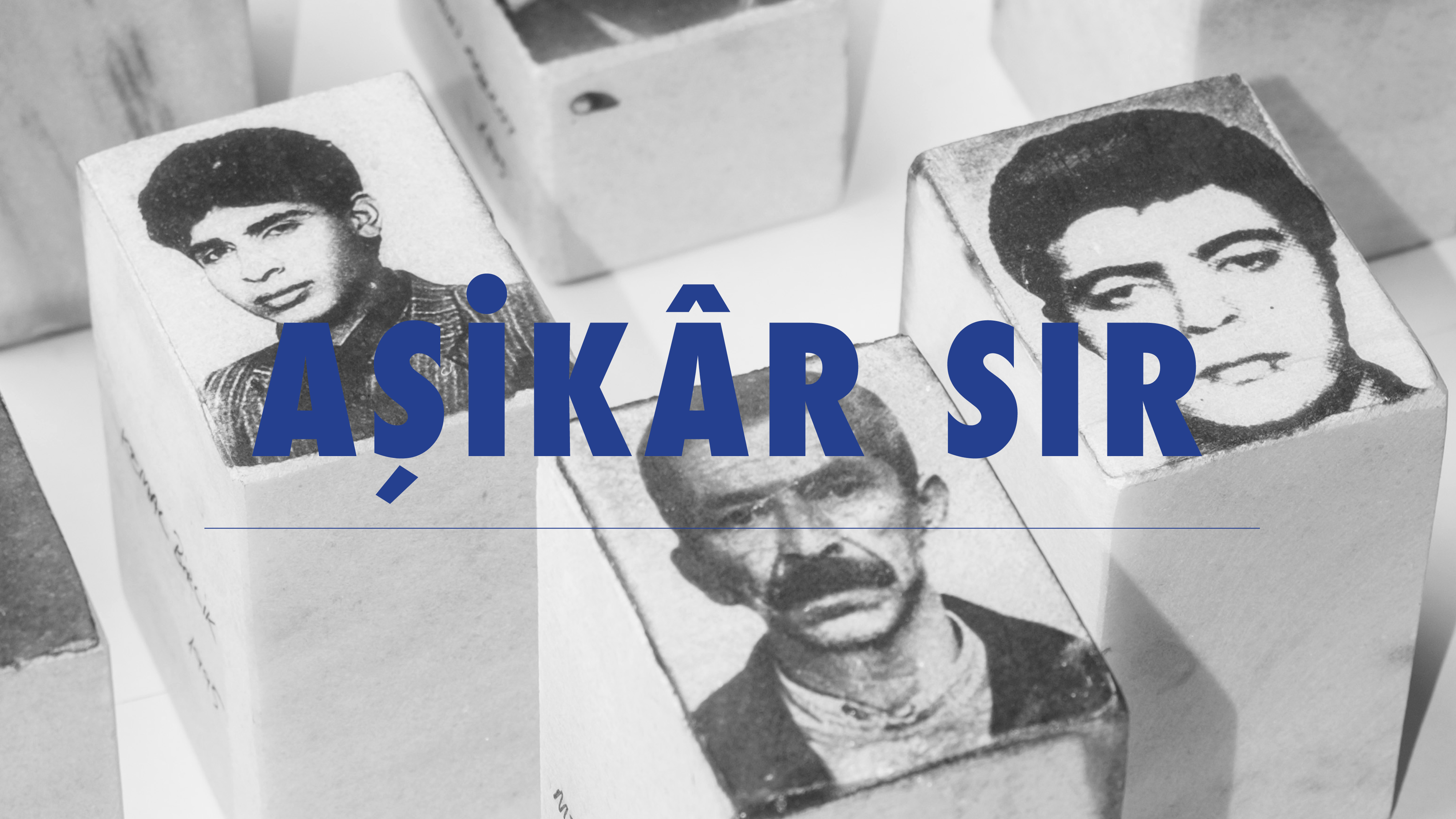
Our events for the International Week of the Disappeared
As Hafıza Merkezi, we are organizing a series of events this year as part of the International Week of the Disappeared. The first of these is our exhibition titled Aşîkar Sır (Public Secret), which will be open to visitors between May 10–21. Hosted by the newly reopened Karşı Sanat, the exhibition will feature works by Anıl Olcan, as well as contributions from Asya Leman, Hacer Foggo, Mert Kaya, and Hafıza Merkezi.
Click here for the exhibition brochure (Turkish).
Another event we are organizing for the Week of the Disappeared is the international launch of our newly published book, Any Hopes for Truth? The event will take place on Saturday, May 17, at Yapı Kredi Culture and Arts Center. The book, written by Özgür Sevgi Göral from Hafıza Merkezi, offers a comparative analysis of enforced disappearances and missing persons in the Caucasus, Middle East, and North Africa. It originated from a regional workshop we held in early 2017 focused on disappearances. The book is a continuation of that effort, aiming to provide an overview of the issue in countries surrounding Turkey. The launch event will be attended by representatives of human rights organizations from the countries covered in the book, some of whom also participated in the 2017 workshop.
Program for the International Week of the Disappeared
Aşîkar Sır
Friday, May 10, 19:00 // Opening & reception
Venue: Karşı Sanat
Address: Aznavur Passage, 6th Floor, Beyoğlu, Istanbul
Any Hopes for Truth? A Comparative Analysis of Enforced Disappearances and the Missing in the Middle East, North Africa and the Caucasus
Friday, May 17, 18:00 // Panel and Book Launch
Speakers:
Gülseren Yoleri, Human Rights Association (Turkey)
Mona Nasseraldin, Act for the Disappeared (Lebanon)
Nadia Kornioti (Cyprus)
Özgür Sevgi Göral, Hafıza Merkezi (Turkey)
Shadi Sadr, Justice for Iran (Iran)
Shirin Jetha (Cyprus)
Tatiana Chernikova, Human Rights Center Memorial (Russia)
Venue: Yapı Kredi Culture and Arts Center
Address: İstiklal Caddesi No: 161, Beyoğlu, Istanbul
